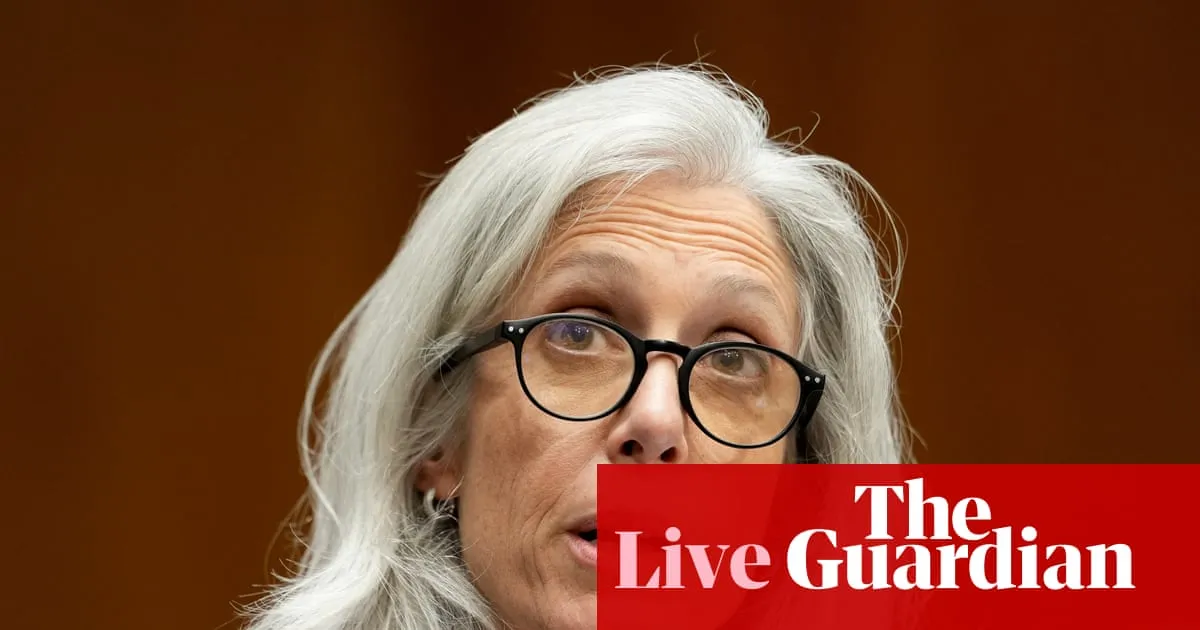
On Thursday, Minneapolis woke up to the devastating aftermath of a mass shooting at the Annunciation Catholic School, where two children were killed and 17 people were injured. This horrific event has left the close-knit community in shock and prompted the FBI to classify the incident as domestic terrorism and a hate crime specifically targeting Catholics.
The tragedy unfolded during a morning mass, where a shooter opened fire on church pews, claiming the lives of two young children aged eight and ten. In addition to the fatalities, fourteen other children, aged six to fifteen, sustained injuries, with two in critical condition. Fortunately, officials have indicated that the critically injured victims are expected to survive. The shooter ultimately took their own life.
Minneapolis Police Chief Brian O’Hara described the attack as “a deliberate act of violence against innocent children and other people worshipping.” He expressed disbelief at the “sheer cruelty and cowardice” of targeting a church filled with children. This tragic incident occurred just before 8:30 AM during a mass that marked the first week of school. The church was filled with teachers, parents, and children listening to a psalm when chaos erupted.
Witnesses reported that just before the congregation was to proclaim “Alleluia,” gunfire erupted as bullets shattered the church’s windows. A voice shouted, “Down! Everybody down!” prompting children to seek shelter behind wooden pews. One brave student shielded a friend and sustained a gunshot wound to the back. As panic ensued, a youth minister made a heart-wrenching phone call to her husband to say goodbye. Attendees used a wooden plank to barricade a door and fled to a nearby gymnasium as the shooting continued for several minutes, with one resident claiming to have heard as many as 50 shots.
Law enforcement responded swiftly, with dozens of officers arriving at the scene. The suspect, identified as Robin Westman, 23, was later found dead behind the church. While Westman’s mother had previously worked at the school, there appears to be no other known connection to the church, and no motive for the attack has been revealed. Among the injured were three adults, all parishioners in their 80s.
In a separate yet equally concerning development, the Centers for Disease Control and Prevention (CDC) has been thrown into turmoil following the ousting of its director, Susan Monarez, who was appointed less than a month ago. Her removal has been characterized as a politically motivated attack amid rising tensions within the agency.
On Wednesday evening, the Department of Health and Human Services (HHS) announced Monarez’s termination without any explanation, stating, “We thank her for her dedicated service to the American people.” Monarez’s lawyers have asserted that she neither resigned nor received formal notification of her termination, claiming that she has been targeted due to her pro-science stance and refusal to endorse controversial changes to U.S. vaccine policies.
Democratic Senator Patty Murray has publicly condemned Secretary of Health Robert F. Kennedy Jr., calling for his dismissal and labeling him a “dangerous man” who is jeopardizing public health for political gain. She emphasized the urgent need for leadership that prioritizes public safety over conspiracy theories. Meanwhile, former CDC director Dr. Mandy Cohen expressed concern over the agency's weakening, stating that it leaves the nation more vulnerable.
The fallout from Monarez’s removal has prompted a wave of resignations within the CDC, including notable figures such as Dr. Demetre Daskalakis, who cited the “ongoing weaponizing of public health” as his reason for stepping down. His resignation letter reflected deep concern for the agency's future and called for the team to make the right decisions for themselves amidst the upheaval.
Both the Minneapolis school shooting and the political upheaval at the CDC underscore the urgent need for community support and effective leadership. As the nation grapples with these tragedies, it becomes increasingly important to address the underlying issues of violence and public health policy.